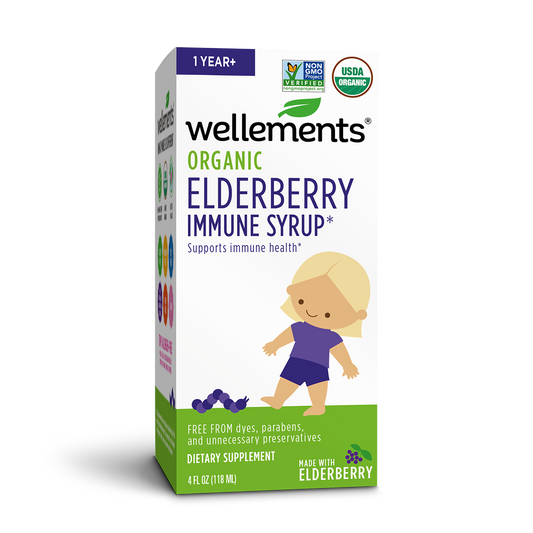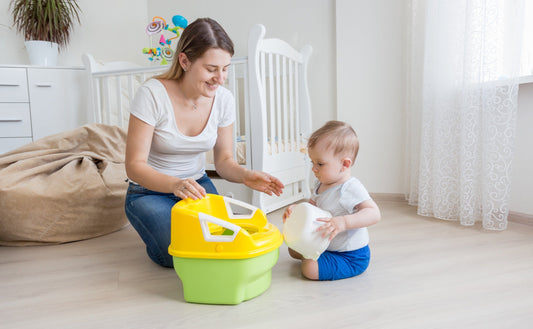Infant vs. Toddler Immune Systems
| updated:Share

Parents often worry about the strength of their child's immune system, especially from the infant to toddler stages. The worry can result in parents becoming overprotective. While protecting your child is rarely a bad thing, exposure is often a good thing when it comes to a developing immune system.
The human body needs to experience interactions with the world on a microscopic level. Biologically, exposure to bacteria and viruses allows your child's immune system to strengthen. While this means your little one will experience bouts with illness, their systems will be stronger for it. However, their immune systems are often stronger than you might think.
How Your Child's Immune System Develops
Babies are born with an innate or inborn immune system. The natural, rapid-response system is active at birth. Much of the strength of this system is thanks to the mother, who shared her immunity with her child in the womb. The innate immune system provides critical protection during the child's first weeks.
The adaptive system is the part of the immune system that develops and grows with your child. The adaptive system is the scariest system for many parents because it relies on exposure. The adaptive system is a learning system, so it must experience viruses and bacteria. However, vaccines also help the system learn and protect the body, meaning you can prevent or protect your child from some illnesses by following recommended vaccination schedules.

Infant Immune Systems
Unfortunately, newborns have the most vulnerable immune systems because they are immature. However, the system is not weak, which is an important distinction. People often underestimate the strength of an infant's immune system.
An infant's system shares many similarities with its mother's immune system. During the third trimester, antibodies pass from the placenta to the developing baby, providing the foundation for its innate immunity. The system is further strengthened during birth as the vagina provides essential gut bacteria. Additionally, if breastfed, the mother continues to pass antibodies to the infant through colostrum.
Finally, the adaptive immune system continues to evolve as the infant is exposed to its environment. The system creates its antibodies during these moments of exposure, so overprotection is potentially harmful.
Toddler Immune Systems
Depending on how exposed an infant is to its environment, the child should progress seamlessly into toddlerhood with a stable immune system. The immune system will continue to develop as a toddler, creating more antibodies as they are exposed to outside influences.
During toddlerhood, your child will develop a complete and functional immune system. The healthy development of that immune system will depend on several factors, including genetics, diet, mental health, and medical intervention.
Do not underestimate the pole in your child's developing immune system. Doctors want to help first-time parents manage their child's health, including immune system development.
How To Support Your Infant's Immune System
When it comes to supporting your child's immune system, the debate over breastmilk and formula inevitably comes into play. Breastmilk does contribute several nutritional elements to your child, including immunity-boosting antibodies and probiotics.
However, there is nothing wrong with feeding your child formula. While formula-fed babies might experience more and somewhat longer-lasting infections, their immune systems typically adapt and become stronger for it. To help your child through or boost their immune system, try Wellements Baby Immune Support.
4.6 /
5.0
(19)
19
total reviews
Elderberry Immune Syrup
Sale price
$16.99
How To Support Your Toddler's Immune System
When it comes to supporting a toddler's immune system, parents should follow appropriate vaccination schedules. Throughout the first years of your child's life, they will require several vaccines. Listen to your doctor and schedule all appropriate shots. Additionally, follow a balanced diet, providing your child with all essential nutrients.
The immune system will develop naturally. However, if concerned about its progress, contact your pediatrician.
Sources:
https://www.pregnancybirthbaby.org.au/how-your-babys-immune-system-develops
https://www.stanfordchildrens.org/en/topic/default?id=all-about-the-immune-system-90-P01665



